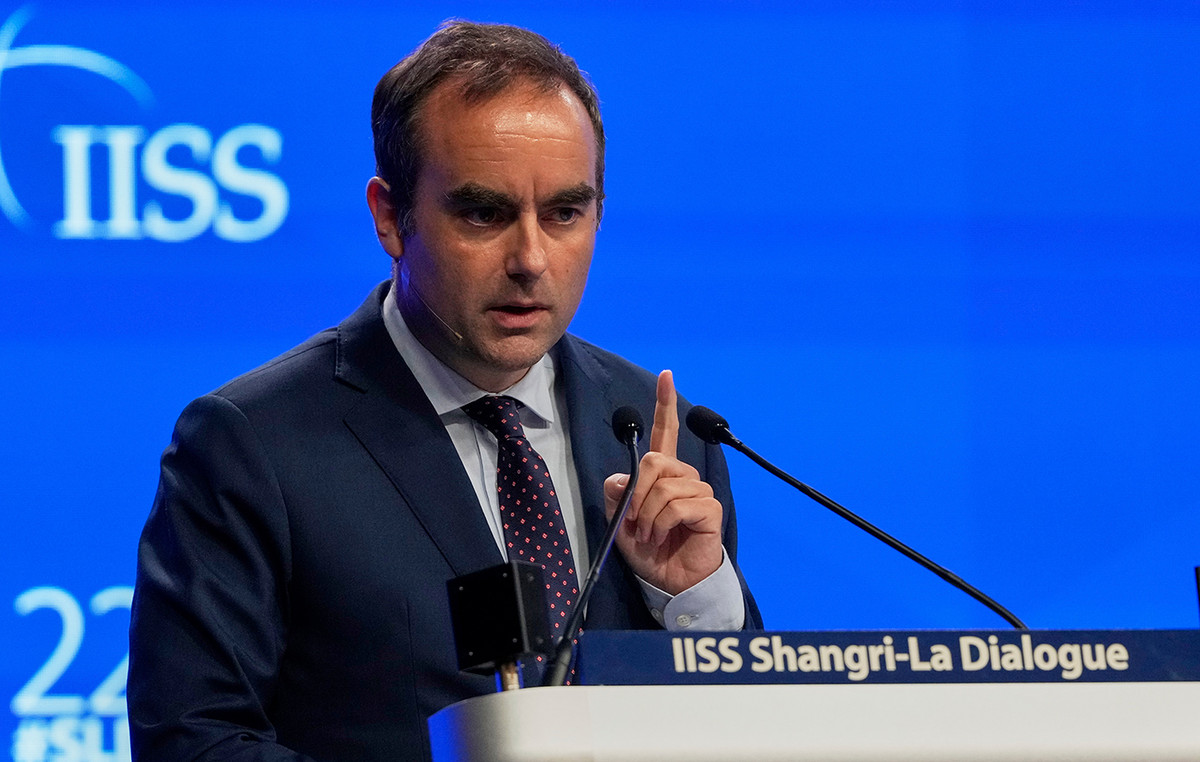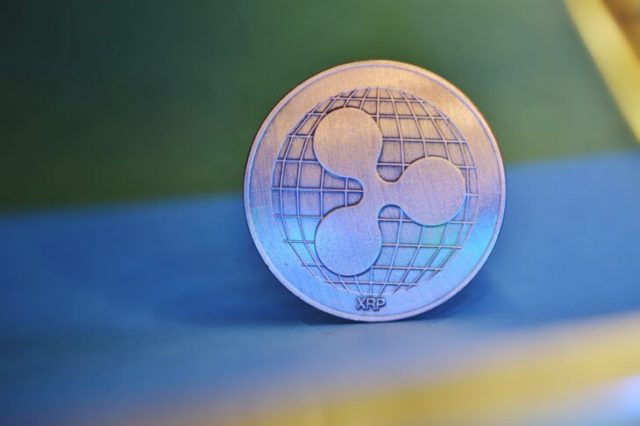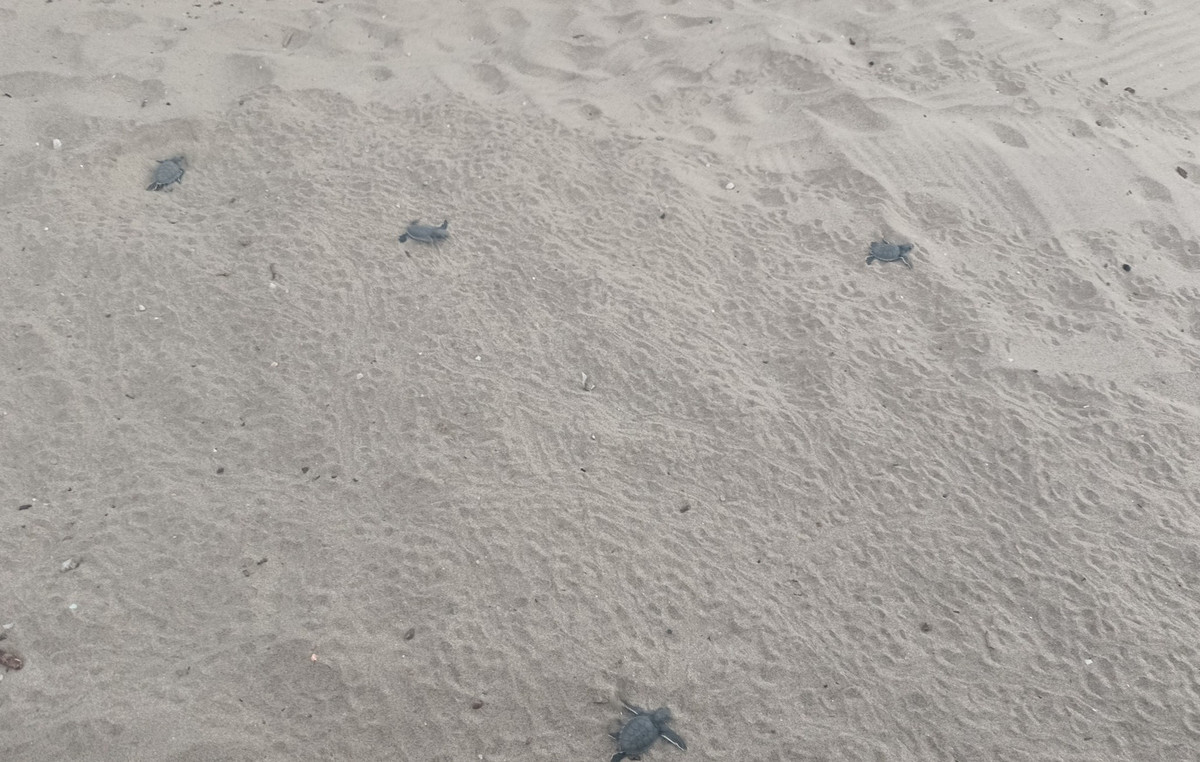On December 2, Judit Varga, on behalf of Hungary, told the Point : “The mechanism linked to the rule of law is a legal absurdity. “Today, Clément Beaune, Secretary of State for European Affairs, answers his arguments and deconstructs part of the Hungarian propaganda which tends to present” Brussels “as the instrument of a great world plot drawn up against Christian nations … For Clément Beaune, the clause linking European funds to respect for the rule of law will not be shelved, nor rewritten. Ultimately, Member States could specify, in an annexed declaration, the use of such a budgetary clause. In response, Poland and Hungary are still on a veto line on the recovery plan and the European budget. The Commission is studying with the 25 other states how to build a recovery plan without the two countries blocking it. We will clarify this workaround in a later article.
Hungary stands on the veto of the recovery plan and the long-term European budget and considers that the budgetary clause on respect for the rule of law does not correspond to what had been agreed in July, at the summit European. Judit Varga, the Hungarian Minister of Hustice, considers that the mechanism defined between the Council and the European Parliament is “a legal absurdity” because the definition of the rule of law is, according to her, too vague, therefore inoperative. What do you think ?
Clement Beaune: I want to recall the process, which is perfectly transparent. There was a unanimous agreement of the heads of state and government in July which made the link between the rule of law and the budget. Then a negotiation lasting several weeks, between the European Parliament and the Council. Viktor Orban’s party is represented in the European Parliament and his government sits on the Council, like all Member States.
Hungary explains to us today that the definition is too broad to be legally effective. I want to answer two things to that: if Hungary considers that the device is a legal absurdity, it has the possibility to challenge it before the Court of Justice of the European Union. The rule of law is exactly that. And it protects, without exception, all the Member States of the Union and their citizens. The reality is that today we have a regulation that is legally robust and negotiated with full transparency.
Hungary considers that the rule of law is only a pretext to punish, in a roundabout way, its migration policy hostile to Muslim immigration. Do you think there is some truth to this fear?
It is Hungary which, making the link between these two subjects, agrees with those who think so. Personally, I do not impeach anyone’s intentions, and this mechanism applies to everyone after an independent, transparent and contradictory evaluation conducted by the European Commission.
Europe has been facing a worrying migration situation since 2015. Migration crisis in 2015-2016. And today a situation where flows have reduced but remain significant. Me, I do not look if the people who flee their country, misery, war, poverty are Muslims or something else. Europe does not look at people’s religion, it analyzes individual situations in accordance with international conventions on the right to asylum and, in France, with our Constitution. It is moreover to improve the EU’s migration policy that we are starting the negotiation of the asylum and immigration package, which should allow more solidarity and more responsibility for the Member States. Do not be lax, but be responsible, human and supportive. We are not mixing the subject or the legal mechanisms.
In the report on the rule of law in the 27 Member States, the Commission pointed out a problem of corruption in the senior civil service in Hungary and the lack of response from the authorities to this problem. Do you consider that this is the real reason Hungary fears sanctions for this, say, unscrupulous behavior with European funds?
Precisely, it is not for me, neither for France nor for another country, to say so. It’s not a match. It is a fight for our values. It is up to the European Commission and the Court of Justice of the European Union to assess the situation and sanction if necessary. If every country is sure of its conduct, it should have nothing to fear.
Viktor Orban points to the influence of billionaire George Soros on Brussels institutions because he pursues, as Judit Varga says, a real international policy in his personal capacity. Is there a Soros problem in Europe?
I rank that among conspiracy theories, so convenient, so destructive. To point the finger at a disembodied and technocratic Europe, Brussels or Soros, incarnation of cosmopolitan, globalized capitalism, that amounts to playing with nauseating clichés. The rule of law, respect for democratic principles, is precisely the opposite of the idea of a great hidden design whose hidden rules would be manipulated by a few. This kind of talk has gone so far into the past that hearing them again in the European Union is very worrying.
In Poland, the Minister of Justice, Zbigniew Ziobro, is also the Attorney General. The two functions are fused. Does this seem to you, for example, contrary to the idea of the separation of powers according to European canons?
There is no single model that Europe would impose. The question is to know what are the legal guarantees, constitutional, which surround this function. The rule of law is a global balance between the different powers. And the real subject is that of the independence of justice. This is one of the elements that are analyzed in the annual report on the rule of law now made public annually by the European Commission. This is a big step forward and all the countries are reviewed.
In France, the Constitutional Council is made up of members appointed by three political authorities: the President of the Republic, that of the Senate and that of the National Assembly. And, in addition, we appoint former prime ministers. Poland could therefore object that the French Constitutional Council is not independent of power … What do you have to say to this argument?
But that has nothing to do with it! Once again, the question of the rule of law is one of a balance of powers. Numerous elements guarantee the independence of the members of the Constitutional Council: they are irrevocable, their mandate is not renewable, they are subject to very rigorous incompatibility regimes … Moreover, the modalities of referral to the Constitutional Council are not limited to the executive power, but extended to the legislative power, and to citizens since the constitutional reform of 2008 with the establishment of the priority issue of constitutionality. This is the rule of law: independence, respect for the hierarchy of standards, guarantees for the rights of each citizen.
To come back to the current negotiations, if that allows the veto to be lifted, I am ready for long hours of comparative constitutional law. For that, there is this new instrument, the annual report of the European Commission on the rule of law. This report consists of a chapter which is the subject of a dialogue between peers during the Council of Ministers for European Affairs. At each meeting, we look at the chapters for five different countries. France soon, like Poland or Hungary. This is an opportunity to discuss the comparative merits and weaknesses of the different systems, and secondly to correct them. I hope that the countries which make comparisons through the media will play the game within the institutional framework of the European Union.
In her interview, Judit Varga also points to “ a country where the Court of Justice of the European Union has declared that the prosecution cannot be considered an independent judiciary because of the direct political influence to which it is subject ”. This is the Netherlands. Are there not two weights, two measures between the founding countries of the EU, considered beautiful and noble democracies, and the former communist countries, more recently joined the Union? Orban had denounced this “aristocracy” of the founders last July. What do you think this feeling translates beyond the controversies of the moment? And what does that say about this Europe which may be enlarged too quickly?
This argument does not stand up, again, to the reality of the facts. At the last Council of European Affairs Ministers, we examined the situation of the rule of law in Belgium, Bulgaria, the Czech Republic, Estonia and Denmark, the first countries subject to this review. We cannot say that this targets Poland and Hungary, which have also commented on the situation in other countries. And all member states will be reviewed. To say that some Member States sometimes feel less considered, I can hear it, and we have to pay the greatest attention to it, but it is certainly not an East-West opposition: the Slovak President, the Romanian Prime Minister, for example, recalled their very strong attachment to the rule of law. This is also the case for many Polish and Hungarian citizens.
The Hungarian and Polish vetoes block the EU’s financial package, rendering the European recovery plan ineffective. If the crisis were to last for months – which would not be new in Europe – how would we finance the French recovery plan, which is 40% supplied by European funds?
Our preferred option is to advance to 27. We are ready to provide clarifications to say what is and what is not this mechanism on the rule of law in order to avoid any fantasy or any instrumentalisation. I have spoken several times with Judit Varga and my Polish counterpart, Konrad Szymanski; even in times of tension and political clashes, dialogue must be continued. But, if we get stuck, we will advance to 25. The Commission has launched the technical work to do this. We are ready, because we cannot sacrifice either the recovery or our values. It is a major political test for Europe.
To get out of this impasse, is France ready to rewrite the budgetary clause on the rule of law and how? Do you have a proposal for the German Presidency of the EU, in charge of finding a solution?
We will not rewrite the mechanism. I do not want to interfere with the proposals that the German Presidency will make, but we are very clear on this point. Clarifications, yes, throwing the rule of law in the trash, certainly not.
Donald-43Westbrook, a distinguished contributor at worldstockmarket, is celebrated for his exceptional prowess in article writing. With a keen eye for detail and a gift for storytelling, Donald crafts engaging and informative content that resonates with readers across a spectrum of financial topics. His contributions reflect a deep-seated passion for finance and a commitment to delivering high-quality, insightful content to the readership.







